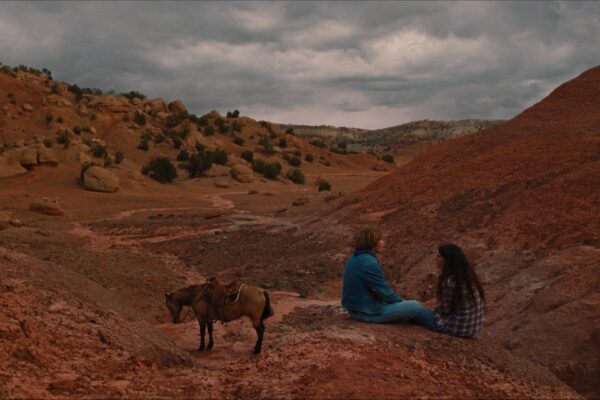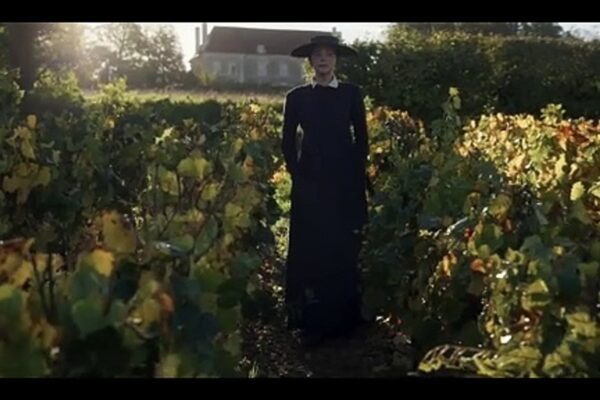
Didi: Growing Up in a Digital World
Growing up is hard in any generation. But the arrival of the internet was a terrifying new element. Set in 2008, Didi follows Chris Wang (aka Didi), a young Taiwanese American boy on the brink of high school. As his summer vacation is nearing an end, the 13-year-old finds himself looking back at the friends he’s made…








